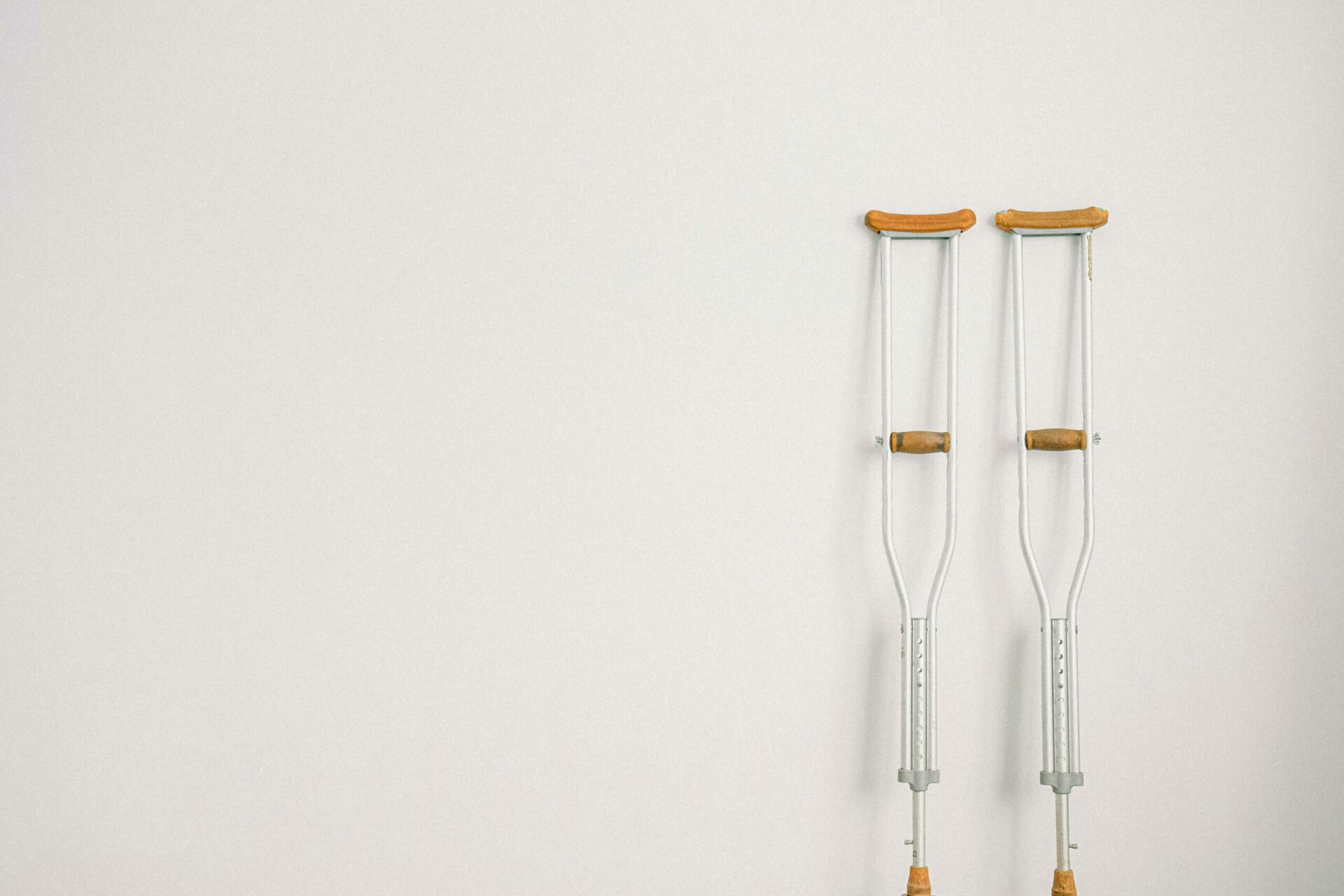What is Codependency?
My work as a therapist focuses mostly on helping people recover from neglectful, or traumatic childhoods. Beyond PTSD, one of the manifestations of early life trauma tends to be the way codependent patterns and behaviors show up in relationships.
Codependency is not a mental health diagnosis, rather it is a pattern of behavior that causes, and was caused by, dysfunction in relationships. Codependency is not two people being overly reliant on each other, although that could be an unhealthy thing depending on the situation. I define co-dependency as when a person is trying to navigate relationships by doing a lot more giving than receiving. Usually, these folks have not had good role models for how healthy relationships function and have learned that to feel safe or worthy in a relationship, they must provide “extra value”. This extra value can take the form of emotional or physical caretaking above and beyond the call of duty, taking financial responsibility for others when not appropriate, tolerating abusive behavior from the other partner and excusing it, and in general, not having needs or making demands of others.
What does Codependence look like?
A classic scenario of a codependent person is a child of an alcoholic who grows up to marry an alcoholic and enables and caretakes the addict, for example, calling the spouse’s boss to say that their partner is sick and cannot come to work when in reality they are simply hung over. And this way the co-dependent spouse protects the addict from the consequences of their behavior, but also maintains involvement and some degree of control in the situation.

This can also look like the person who works 3 jobs while their spouse and/or adult kids sit home and play video games and still expect that working person to pay the bills and do the cooking, cleaning, and yard work.
It can look like a romantic partner who says “That’s fine” when their partner chooses to go out with friends for an evening instead of celebrating the partner’s birthday, but they are actually deeply hurt. They are scared to make demands or express their feelings or needs because they have learned not to expect much from others.
My explanation of codependency is when a person over-functions in relationships, at home, at work, and in the world. Doing too much, with the conscious or unconscious hope of being rewarded with love, with approval, and with safety, i.e. not being abandoned. Sometimes they “do too much” by being super-independent and not needing anything from anybody, even if they are the type that always shows up to help others. However the over-functioning works, it is eventually followed by feelings of sadness, discontent, hurt, and anger—Why don’t I get my needs met? How come nobody takes care of me? Why doesn’t anybody notice how hard I work?—and these feelings of discontent feel scary and forbidden. Feelings of anxiety and shame arise about having needs or daring to expect more, and the codependent person soothes the anxiety by caretaking and over-functioning again.
That’s the cycle—over-functioning leads to exhaustion and resentment, which leads to guilt and anxiety over having resentment/anger/sadness, which drives a resumption of the codependent care-taking and self-neglect. There is a powerful part within the person struggling with codependency that works very hard, using weapons of anxiety and shame, to keep the person from making changes in their relationships.
The person may use passive-aggressive type tactics, thinking “If I am sad enough, sigh loudly enough, look obviously exhausted and worn out enough, then surely they will notice how unfair this situation is!” This is rarely effective and not likely to cause any lasting change in relationship dynamics. Codependent folks also turn to self-harm, use of substances, and “checking out” (dissociating) to cope as well.
How do I break the codependent cycle?
Recovery from codependency is a process. Working on understanding our behavioral patterns and making changes takes time. Setting boundaries and enforcing them is a critical part of recovery and can be damn scary. As a therapist, part of my job is to support and encourage a client in the anxiety-inducing process of breaking those rules of “don’t need anything, try harder to please people”. It’s often not easy to do, and the people in our lives (partners, family, bosses, friends) who benefit from our codependent over-functioning usually do not appreciate the changes we are making. They may push back with guilt or anger.
Usually, though, clients are surprised at how well boundary setting and re-aligning the expectations of others can go. A big part of the resistance to making these important changes is internal – our deeply embedded beliefs about what is possible for us to have, or not have. Having a therapist to provide support while taking these brave steps is super helpful, and there are books, articles, and podcasts that are helpful. Check out anything by Melody Beattie (https://www.melodybeattie.com), and Pia Melody. Those parts of us that drive codependency are powerful and super-sneaky, so codependency recovery is something that requires support! It takes time and practice to recover from Codependency. If you think I may be the right therapist for you in your healing journey, email me for a free consultation call.
